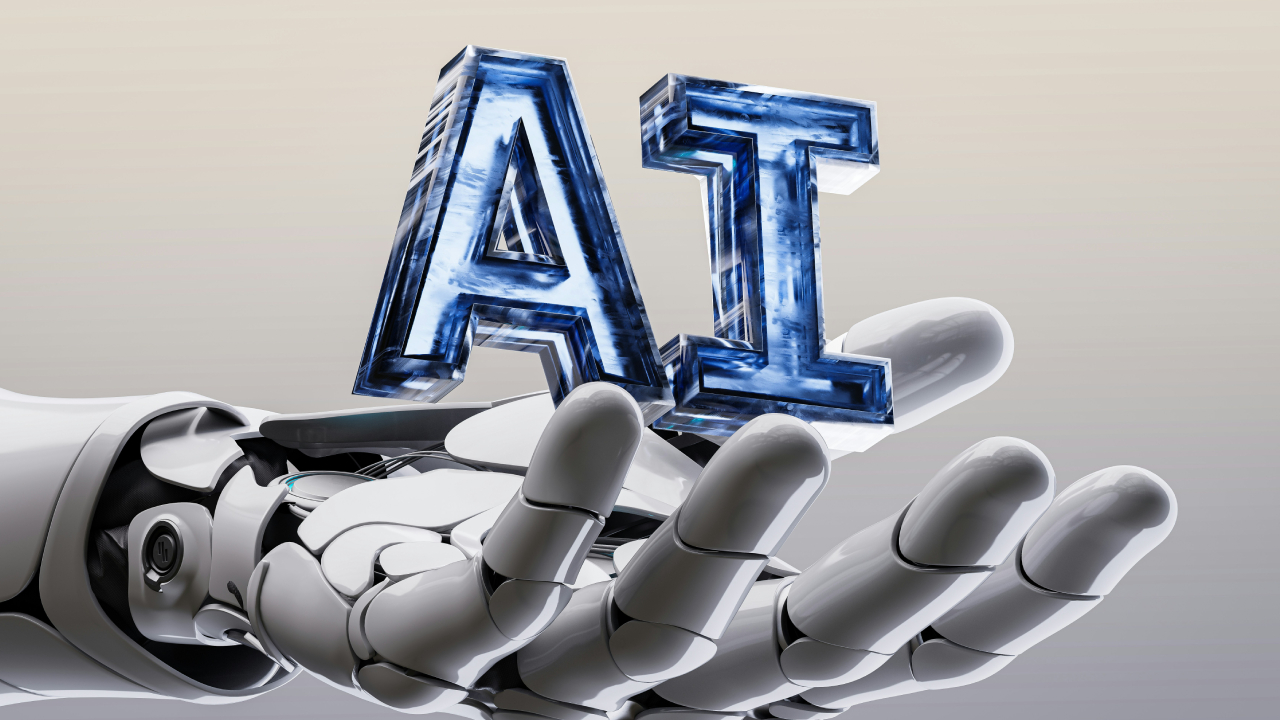Microsoft’s Internal AI Development: A Move Towards Independence
Microsoft, a major investor in OpenAI and its ChatGPT technology, is reportedly working on its own generative AI models. The tech giant, which invested billions in OpenAI to utilize its models, now appears to be shifting towards greater independence in the AI space.
According to recent reports, Microsoft has several reasoning AI models in development, internally referred to as MAI. The company aims to sell these models to developers, reducing its dependence on OpenAI and diversifying its technological offerings.
Currently, Microsoft integrates OpenAI’s models in its Copilot software, a prominent feature of its Microsoft 365 suite. However, Microsoft has been exploring alternatives, including models from xAI, Meta, and the upstart DeepSeek, alongside its own internally developed models.
One of Copilot’s key selling points is its use of the GPT-4 model, developed by OpenAI and considered one of the most advanced AI systems currently available. Microsoft believes that reducing its dependency on OpenAI will lead to cost reductions and allow it to differentiate its AI technology.
One of the models reportedly being tested comes from China’s DeepSeek, which introduced new AI models with processing power comparable to OpenAI’s, but at a lower cost.
As the generative AI landscape evolves and new technologies emerge, many tech companies are investing in their own in-house AI development. The current Microsoft AI models, known as MAI, are undergoing testing and include three reasoning models that utilize “chain-of-thought” techniques. This approach aims to simulate the human reasoning process when tackling complex problems.
“Just as humans use a single brain for both quick responses and deep reflection, we believe reasoning should be an integrated capability of frontier models rather than a separate model entirely. This unified approach also creates a more seamless experience for users,” Anthropic said of its Claude 3.7 Sonnet hybrid reasoning model. Reasoning capabilities in generative AI are the latest developments that enable improved performance on mathematical, physics, coding, and other specialized tasks.
The next evolution of generative AI will be AI agents, software designed to perform tasks for users on their computers or smartphones, such as composing emails, booking flights, and other time-consuming tasks.
Microsoft is planning to release its MAI models later this year, enabling developers to incorporate the technology into their applications, potentially mirroring the approach taken by DeepSeek but with a Microsoft 365 subscription requirement.



